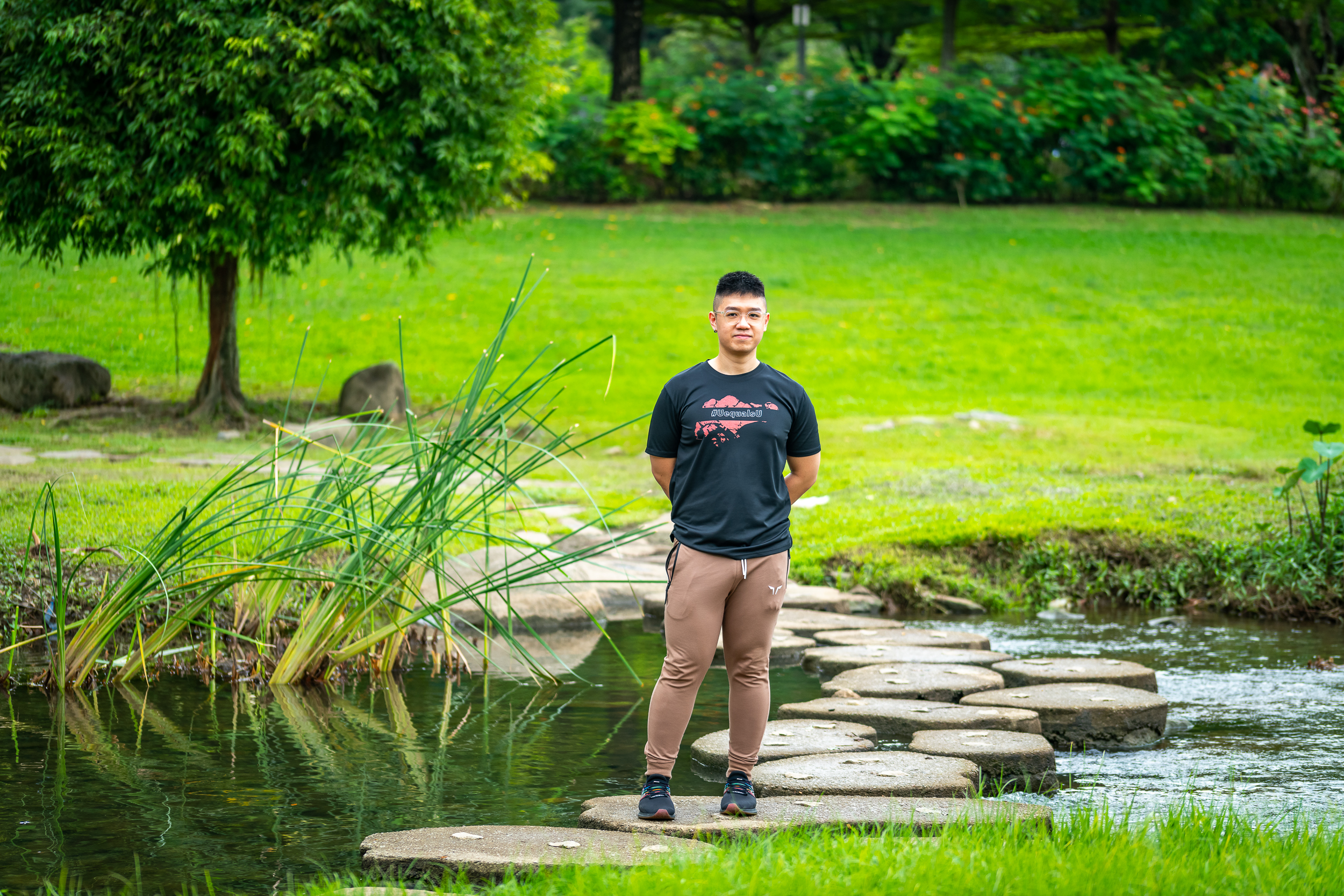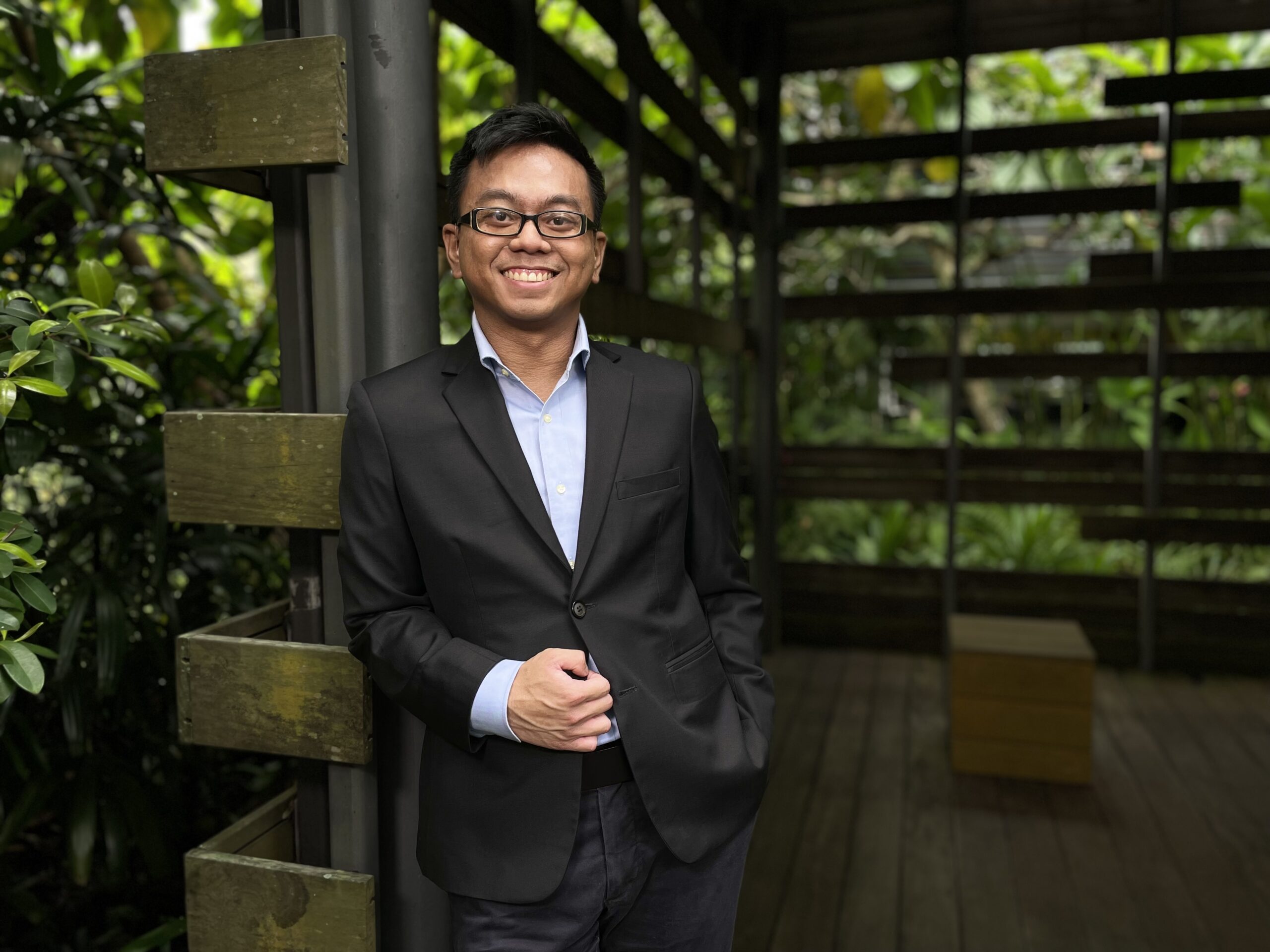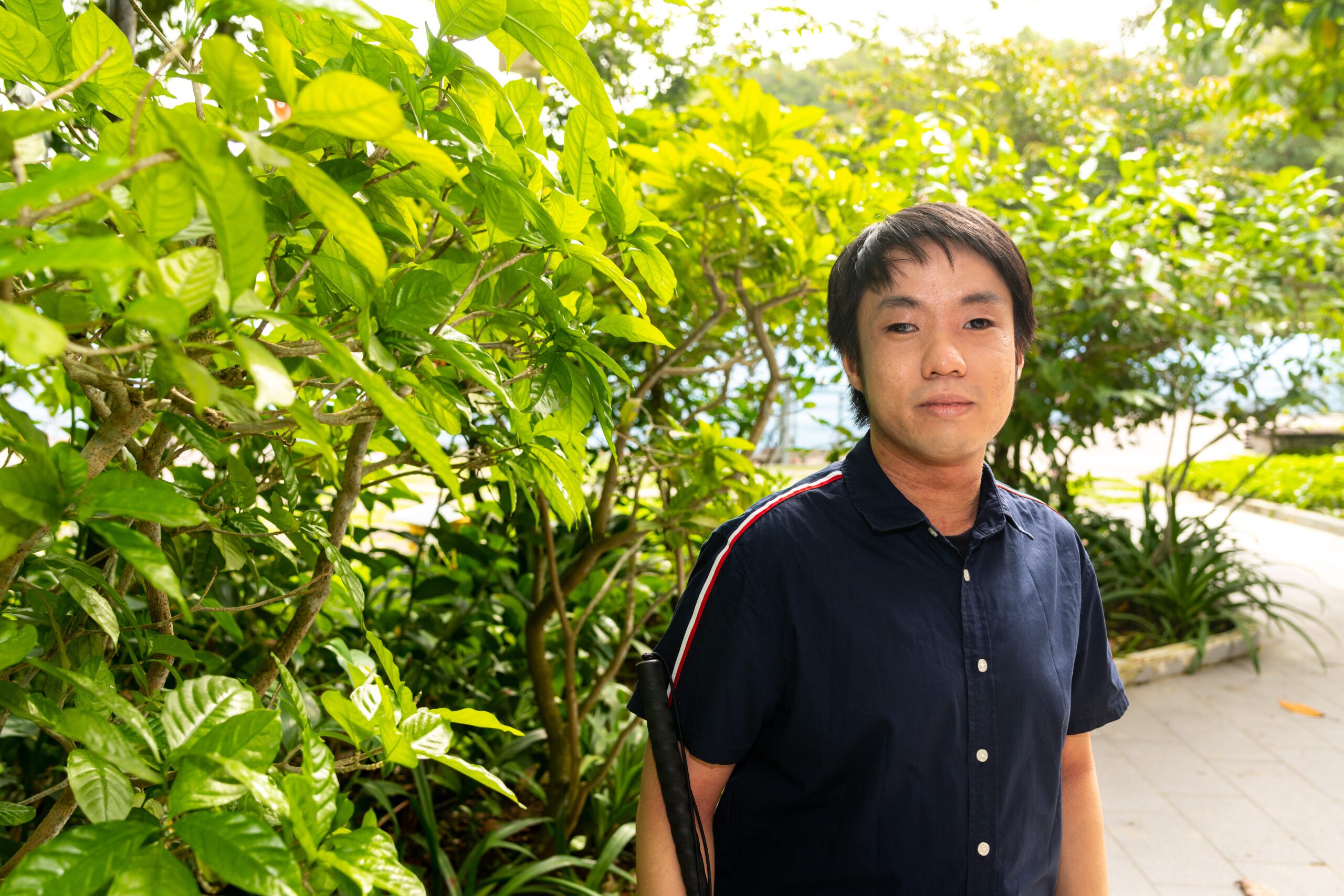I remember vividly how the day of the testing went. It was a Wednesday evening. After getting my finger pricked for a blood sample, I had to sit in silent agony for about twenty minutes. There were others too, their heads hung low. The silence was interrupted ever and anon by counsellors calling out their clients’ names, and by the shuffling of footsteps coming and going. The tension of that longest wait was palpable. Then, a counsellor called my name, and ushered me to a room. After he closed the door, and sat me down and we were sequestered from the world, he revealed that my result was ‘reactive’, which meant that the rapid test kit was picking something up from my blood. While there is the probability of it being a false positive, in many cases, a reactive result meant that I was in fact infected with HIV.
After he uttered those words, time stopped. I broke down and cried for a good ten minutes and was inconsolable. Yes, I knew it was my own actions that sent me hurtling down the HIV rabbit hole. And yes, I brought this upon myself, and perhaps as what others have said, I might have even deserved it. So why now the anguish? It certainly wasn’t that I had thought I was invincible. But it’s that inexplicable shock between knowing the possibility of contracting a chronic disease and actually contracting it. It was that jolt of reality that HIV was no longer some medical term in a science textbook but was a very real thing that wielded the power to ruin my life completely. It was the coup de grâce in a triumvirate of blows. Being a gay person meant that I am being discriminated by society. As an oversized person with a tummy, I was at the receiving end of relentless body-shaming remarks. The HIV diagnosis was yet another thing that even my own community would excoriate me for. The cutting words of my mother, callously said to me when I was fifteen, came flying back to me in that moment: ‘Continue this lifestyle and you’re going to contract AIDS!’ I was reduced to a stereotype. There was a sudden collision of two worlds of thoughts: regrets arising from my past actions and inactions, and concerns about a hardship-riddled future. I regretted not bothering to get educated on HIV transmission, and what I should have done to avoid getting infected. I lamented not going to the root of my behaviour — why this unshakeable need for skin-to-skin contact — and seeking professional help for it. Right there and then, my emotions ran the gamut from sheer embarrassment to disappointment with myself.
After the consultation, I had to have one vial of blood taken for a subsequent confirmatory test, whose results would take two weeks to process. The timeline fitted just nicely as the commencement of my new semester was too a fortnight away. Every morning, upon waking I’d take a cold hard look at myself in the mirror and think: ‘What now?’ So many thoughts churned and moiled in my head. ‘Whom can I tell about my diagnosis?’ ‘Whom do I trust?’ ‘What would happen if I told my parents or friends?’ ‘Do I even want to make my condition known to others?’ ‘What about work? Would any employer want to hire me?’ ‘What do I tell my future partner?’ ‘How do I afford treatment?’ I knew I had to have a definitive plan before school started, if not I would not be able to cope with the stress and hecticness with such an unbearable burden on my shoulder.



